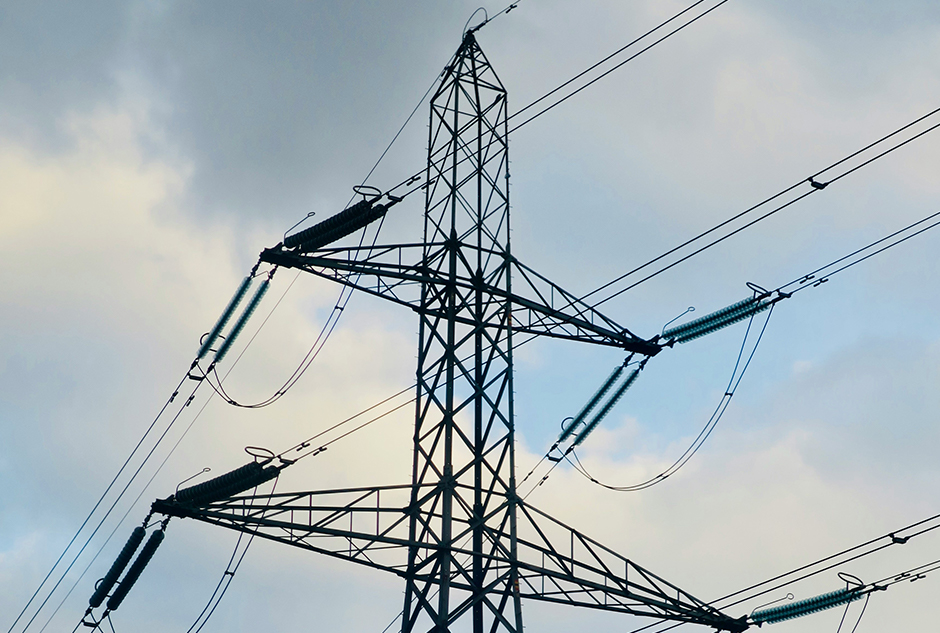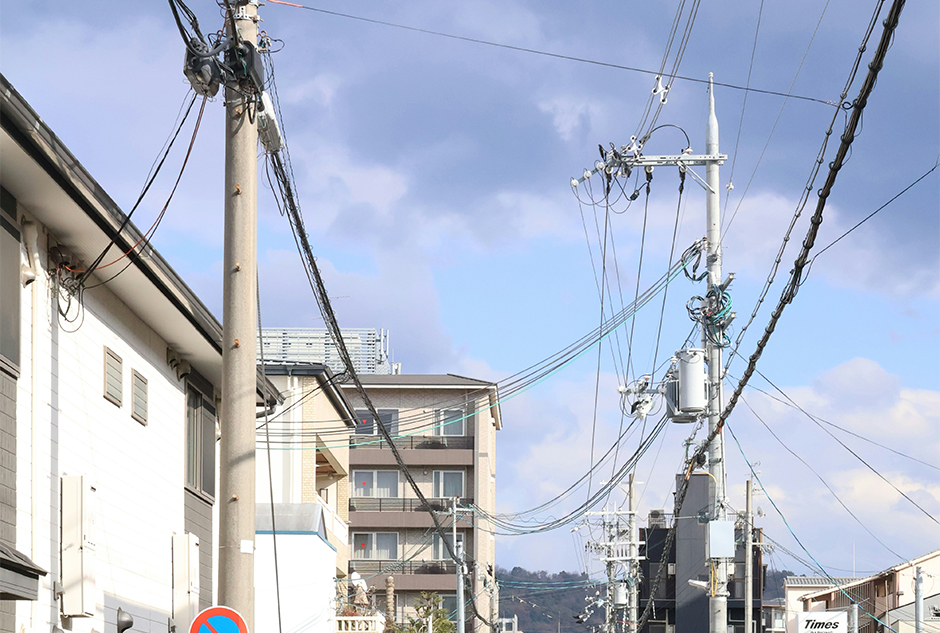
Power distribution networks are the backbone of modern society, ensuring that electricity reaches homes, businesses, and industries reliably and efficiently. As the demand for more resilient and sustainable infrastructure grows, concrete poles have emerged as a superior choice for power distribution. Their unparalleled durability, low maintenance requirements, and adaptability to diverse environments make them an essential component of modern electricity grids.
Concrete poles are designed to withstand extreme environmental conditions, including high winds, heavy rains, and even seismic activity. Unlike wooden or steel poles, concrete poles do not corrode, rot, or warp over time, making them a long-lasting solution for power distribution. Their fire resistance also adds another layer of reliability, especially in regions prone to wildfires. This resilience ensures that power networks remain operational even in the face of natural disasters, minimizing downtime and the associated economic and social impacts.
Another key advantage of concrete poles is their ability to support heavy electrical equipment. With a high strength-to-weight ratio, they can carry large transformers, power lines, and even communication cables without compromising stability. This capability is particularly valuable in urban areas, where infrastructure must accommodate increasing demands for electricity and connectivity.
Concrete poles also contribute to reducing the operational costs of power distribution networks. Their long lifespan and low maintenance needs mean fewer replacements and repairs, saving resources and minimizing disruptions. Additionally, the smooth surface of concrete poles makes them less attractive to climbing animals and pests, further reducing maintenance issues.
From a sustainability perspective, concrete poles are an eco-friendly choice. Their production requires fewer natural resources compared to wooden poles, which contribute to deforestation. Additionally, concrete is a recyclable material, and many manufacturers are incorporating fly ash or other industrial byproducts into the mix, further reducing their environmental footprint.
By choosing concrete poles for power distribution networks, utility companies can create infrastructure that is not only resilient and reliable but also environmentally responsible. As the electricity sector continues to evolve to meet modern challenges, concrete poles stand out as a vital innovation, ensuring a steady and sustainable supply of power to communities around the world.


